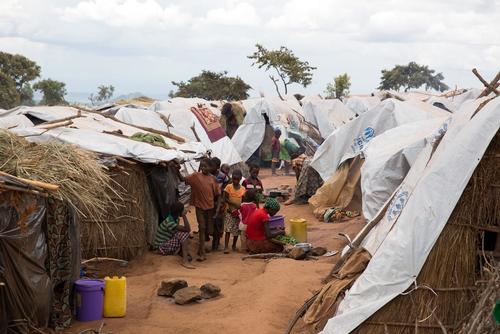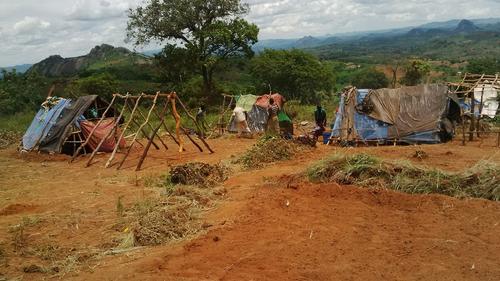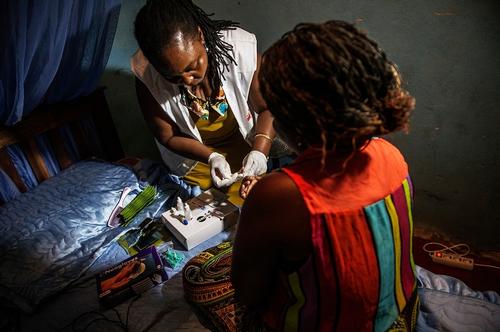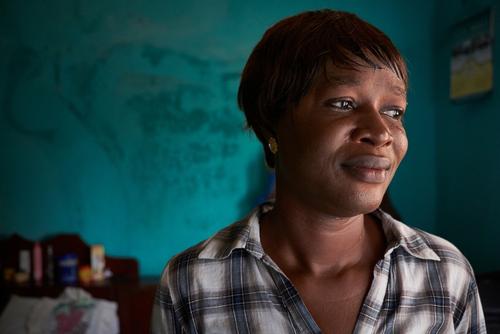In the recent weeks tensions are reported to have sharply increased in Tete, Zambezia and Sofala provinces. Mozambique media report daily attacks and shootings. MSF is not present in the region.
In Tete province, which borders Malawi, the conflict has escalated. Hundreds of people have fled to Kapise village in Malawi where they have little means to survive. According to UNHCR 3,185 people were registered in Kapise on 31 January 2016, two thirds of them minors. On 14 February 2016, the numbers had climbed to 5,656 people (still with more than 2⁄3 being women, children under 5, or the elderly). Numbers are on the rise with new arrivals every day and the pace of arrivals have starkly increased in recent days, reaching several hundreds a day in the last days. The people arriving in Kapise have not yet been officially recognized as refugees.
The living conditions in the camp are well below minimum humanitarian standards. The areas of concern are:
- Overcrowding
- Lack of proper shelter that causes a potential fire hazard
- High risk of malaria
- Water crisis
- Sanitation crisis
- Limited access through one road that could quickly become cut in case of heavy rains
- Proximity to the border (300 meters away)
What MSF is doing
MSF has been intervening in the camp since December 2015 with:
- Clinic and health care services
- Distribution of non-food item (NFI)
- Drilling two boreholes and improving water distribution
Calling on the international community
MSF is calling for the international community to recognize the fact that the only way to meet minimal emergency level of services , as internationally agreed,is to move the camp to an acceptable location where the obligation to host the displaced people can be met.






